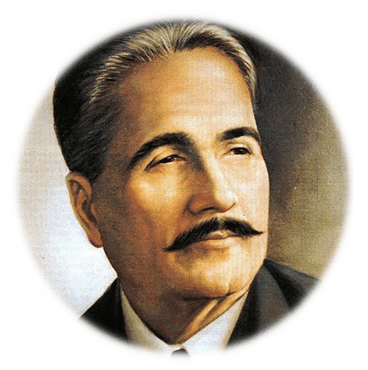Secrets and mysteries
From IQBAL
SECRETS AND MYSTERIES BY IQBAL ‘That experience should take place in finite centres and should wear the form of finite this-ness is in the end inexplicable.’ These are the words of Prof. Bradley. But starting with these inexplicable centres of experience, he ends in a unity which he calls Absolute and in which the finite centres lose their finiteness and distinctness. According to him, therefore, the finite centre is only an appearance. The test of reality, in his opinion is all-inclusiveness; and since all finiteness is ‘infected with relativity,’ it follows that the latter is a mere illusion. To my mind, this inexplicable finite centre of experience is the fundamental fact of the universe. All life is individual; there is no such thing as universal life. God himself is an individual: He is the most unique individual.1 1 This view was held by the orthodox Imam Ahmad ibn Hanbal in its extreme (anthropomorphic) form. The universe, as Dr. McTaggart says, is an association of individuals; but we must add that the orderliness and adjustment which we find in this association is not eternally achieved and completed in itself.It is the result of instinctive and conscious efforts.We are gradually traveling from chaos to cosmos and are helpers in this achievement.Nor are the members of the association fixed; new members are ever coming to birth to co-operate in the great task. Thus the universe is not a completed act: it is still in the course of formation. There can be no complete truth about the universe, for the universe has not yet become ‘whole.’ The process of creation is still going on, and man too takes his share in it, inasmuch as he helps to bring order into at least a portion of the chaos. The Quran indicates the possibility of other creators than God. (Quran, ch. 23. v. 14: “Blessed is God, the best of those who create.”) Obviously this view of man and the universe is opposed to that of the English Neo-Hegelians as well as to all forms of pantheistic Sufism which regard absorption in a universal life or soul as the final aim and salvation of man. The moral and religious ideal of man is not self-negation but self-affirmation, and he attains to this ideal by becoming more and more individual, more and more unique. The Prophet said, ‘Takhallaqu bi-akhlaq Allah,’ ‘Create in yourselves the attributes of God.’ Thus man becomes unique by becoming more and more like the most unique Individual. What then is life? It is individual: its highest form, so far, is the ego (khudi) in which the individual becomes a self-contained exclusive centre. Physically as well as spiritually man is a self-contained centre, but he is not yet a ( 1 This view was held by the orthodox Imam Ahmad ibn Hanbal in its extreme (anthropomorphic) form.)
